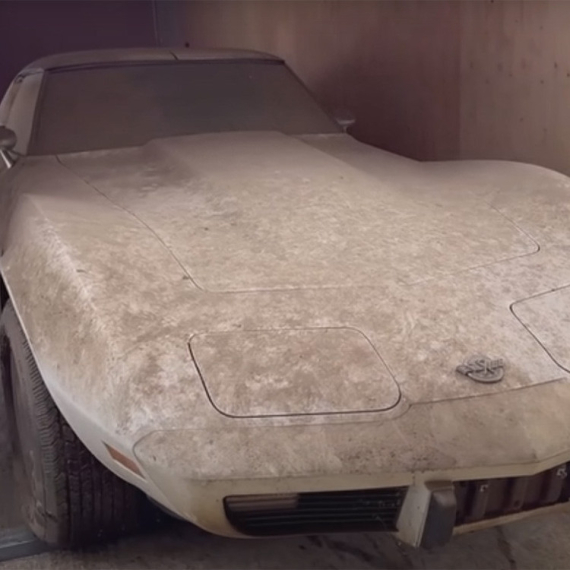In Seselj case, "Serbia respects Serbian deadlines"
The Serbian government met on Tuesday but did not discuss the case of Vojislav Seselj, whose return to the detention of the Hague Tribunal has been demanded.
Tuesday, 26.05.2015.
17:14

In Seselj case, "Serbia respects Serbian deadlines"
President of the National Council for Cooperation with the Hague Tribunal Rasim Ljajic told B92 today that Seselj will be a topic at one of the upcoming meetings of the government, "but only when Serbia has learned about all the aspects of the case."Serbia will ask the Tribunal for additional explanations, it has been announced.
At the same time, SRS party leader Vojislav Seselj reiterated in a statement for B92 that he would not surrender, so the only reliable fact at this time is that February 24, 2003 - when he voluntarily went to the Hague - will not be repeated.
Seselj has also told B92 that he "does not accept any contact with the authorities, except with the judicial authorities, if he is summoned."
"I will not run away, but I will not cooperate either, and will not go using my own feet. They will have to carry me to the airport. If the legal procedure for extradition is initiated, I will participate in it and present my defense, but I think that extradition would be unlawful," said Seselj.
It is still unclear whether the authorities will move to arrest Seselj. The Ministry of Justice announced on Tuesday that will act in accordance with domestic laws and principles of international law.
Government sources are reiterating that "no one can accuse Serbia of not cooperating with the Tribunal," and that the country is "collateral damage of proceedings that have been conducted in completely the wrong way."
Meanwhile, legal expert Sasa Obradovic, who in is conducting the process of returning Seselj to the Hague on behalf of Serbia, says that the country has received the decision of the Appeals Chamber that accepted a motion filed by the Hague Prosecution, "and orders Serbia to arrest Seselj."
"However, we did not receive the arrest warrant. It is a separate document that is given to the defendant during the arrest," he told B92 on Tuesday.
As Obradovic pointed out, that document should be submitted to the competent authorities in order to initiate proceedings under the Law on Cooperation with the International Criminal Tribunal for the Former Yugoslavia.
"Seselj has never been arrested here, in 2003 he surrendered of his own accord. Therefore, this request is essential to initiate the procedure and it should be delivered to the Serbian embassy in The Hague," Obradovic explained.
According to him, the document would then be sent to the Serbian Ministry of Justice, and then to a judge, "and everything after that is procedure before our justice system."
Obradovic also pointed out that there are "special norms relating to provisional release," but that in Seselj's case, the situation was "special."
"Not only has he been granted provisional release, but is also not under the control of the government of Serbia and in addition, he is receiving (medical) treatment, at least as far as we hear from his doctors. In addition, he was released after 12 years of detention without a verdict," said Obradovic.
He added that it was "not disputable" that Seselj could continue his treatment in the Hague, but added:
"However, what is contentious is that he is refusing treatment without adequate medical treatment. This is taken into account, if you are a judge and if the relationship of trust between him and the doctors has been destroyed, then that is considerably influential."
The Hague Tribunal in early 2003 indicted Seselj for war crimes committed in Bosnia, Croatia, and also in Serbia's province of Vojvodina. He turned himself in shortly after and spent more than 11 years in detention without a verdict.
In November 2014, the Tribunal granted him provisional release on humanitarian grounds, considering that he is ill with cancer.




















Komentari 2
Pogledaj komentare